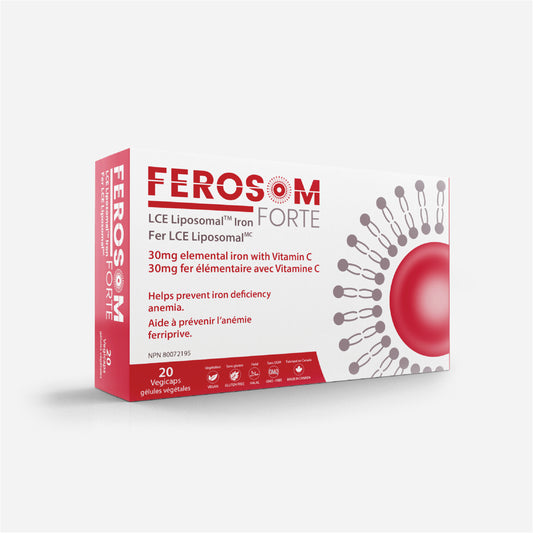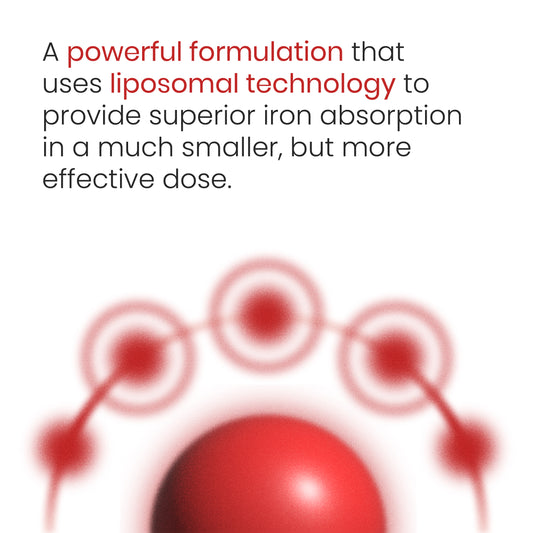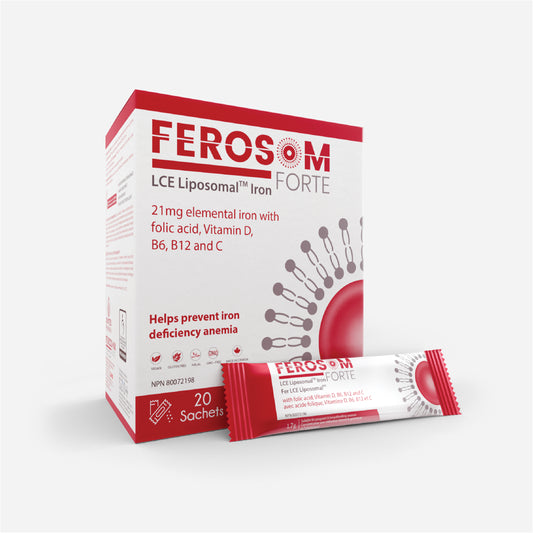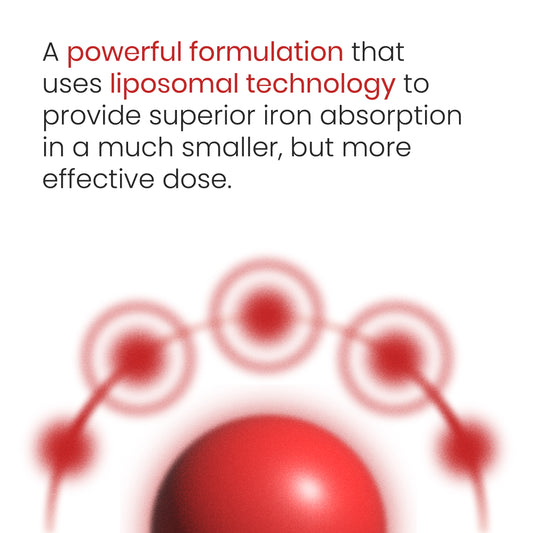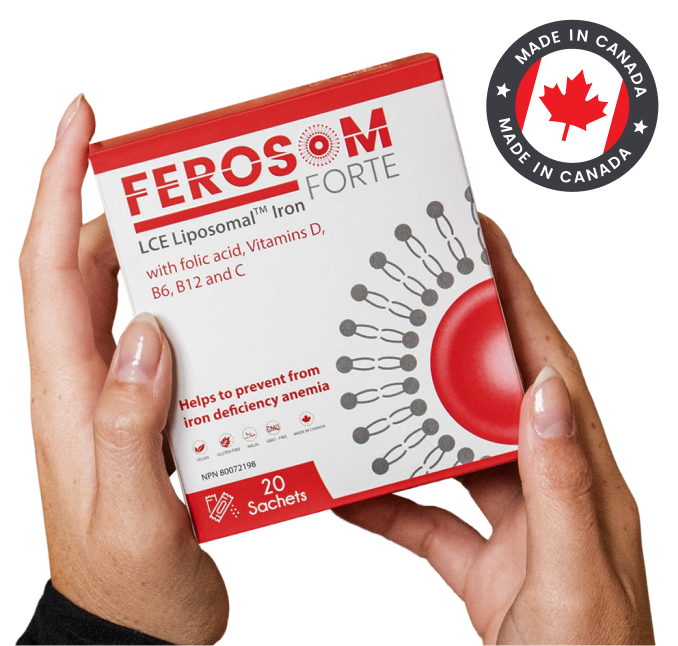

Vitamin C is nutritious, delicious, and necessary for your health. In fact, it might be the most important vitamin there is.
So peel yourself an orange and read on to discover the many health benefits of vitamin C, how to spot vitamin C deficiency, and how to incorporate more of this crucial vitamin into your daily diet.
What are the health benefits of vitamin C?
Honestly—what aren’t the benefits of vitamin C? This ascorbic acid is like a super booster for your whole body. That’s why it’s a vital nutrient for good health.
How does vitamin C keep your body functioning at its best? Let’s count the ways.
- Boosts the immune system
Vitamin C is known for its antioxidizing and immune-boosting abilities. It reduces inflammation and lowers the risk of developing certain conditions, from cancer to scurvy to the common cold.
- Produces collagen
If your connective tissue was a movie, collagen would be the star. It makes up about 2% of muscle tissue and is a vital component for healthy tendons, skin, cartilage, bones, blood vessels, ligaments, and gut function.
Your body needs vitamin C to produce collagen and keep these crucial fibrous tissues strong and healthy.
Vitamin C also helps your body produce L-carnitine and some neurotransmitters—both of which are important for brain and body health.
- Heals wounds
All this collagen production makes vitamin C an excellent wound healer. It helps build up skin, muscle, and other tissue that has been damaged. If you’re recovering from a wound, your doctor might recommend upping your vitamin C intake.
- Destroys harmful free radicals
ROS—or reactive oxidative species—are unwanted substances (like free radicals) that develop in the body due to inflammation, exposure to pollution, and other factors. ROS can cause oxidative stress and cell damage, so it’s important to remove them before they do.
Since vitamin C is an antioxidant, it’s incredible at destroying ROS and reducing the risk of developing cancer and other conditions.
- Improves heart health
Several studies have looked at the impact of vitamin C on your cardiovascular system. It’s been shown to widen the blood vessels, improve nitric oxide production, and help reduce plaque instability.
All of these benefits—plus its antioxidant properties—make vitamin C a worthy candidate to prevent heart disease and high blood pressure.
- Controls glucose levels for people with diabetes
A 2019 study found that vitamin C supplements improved glucose levels and blood pressure for people with diabetes. More studies need to be done, but the results are promising for diabetes treatment moving forward.
- Reduces allergy symptoms
Allergic reactions are frustrating and scary. The inflammatory response in your body can lead to swelling, hives, itchiness, and more. Meanwhile, your body produces free radicals that can cause more oxidative stress.
Fortunately, vitamin C might be able to help. Studies have shown that certain doses of vitamin C have the potential to not only soothe allergy symptoms, but prevent them altogether.
- Soothes motion sickness
Motion sickness knows how to ruin a good time. If you’re tired of avoiding long road trips and boat rides, vitamin C could help.
One study found that people who took vitamin C supplements experienced lower levels of seasickness than those who didn’t. More studies need to be done, but it’s worth packing extra vitamin C for your next trip.
- Potential cancer therapy
Many studies have looked at the impact of vitamin C on certain cancers. Since it’s such a strong antioxidant and ROS destroyer, vitamin C may have the ability to slow cancerous tissue growth and prevent cancerous cells from forming. Currently, IV vitamin C is not FDA-approved to treat cancer.
- Enhances iron absorption
Iron is a vital nutrient for your health. It produces hemoglobin—a protein that helps red blood cells carry oxygen throughout the body. Still, iron deficiency is one of the most common nutrient deficiencies in the world.
Luckily, vitamin C is iron’s best friend. Many studies have shown that vitamin C improves hemoglobin recovery, iron absorption, and iron stores. Simply taking a vitamin C supplement alongside an iron-rich meal could help treat iron deficiency.
Pro tip: It can be difficult to get enough iron from diet alone. Choose an iron supplement that is already infused with vitamin C, like Ferosom Forte. This will ensure you get the right amount of iron daily and that absorption levels stay high.
How much Vitamin C do I need?
Vitamin C is water soluble and our bodies don’t store it. In other words: we need to make sure we’re consuming the right amount every day.
The recommended daily vitamin C intake for people over the age of 19 is 90mg for males and 75mg for females.
Requirements for people younger than 19 vary, but babies need more vitamin C than older children. The recommended intake for ages 0 to 12 months is 40 to 50mg per day. Similarly, women who are pregnant or breastfeeding need additional vitamin C.
What happens if I have low vitamin C levels (or vitamin C deficiency)?
Since vitamin C has so many health benefits, a lack of vitamin C can show up in countless ways throughout the body. Signs of vitamin C deficiency include:
- Rough or bumpy skin
- Bruising easily
- Wounds healing slowly
- Weak bones
- Bright red hair follicles
- Dry, damaged skin
- Painful or swollen joints
- Bleeding gums
- Weak immune system
- Fatigue
- Iron deficiency anemia
Talk to your doctor if you’re experiencing any of these symptoms. Together you can create a plan to increase your vitamin C intake and address any related health concerns.
How can I incorporate vitamin C into my daily diet?
Good news: vitamin C tastes really good. Here are some of the most vitamin C-rich fruits and vegetables to add to your diet:
- Citrus fruits, like oranges
- Guava
- Strawberries
- Red and green peppers
- Tomatoes
- Grapefruit
- Kiwi
- Spinach (and other leafy greens)
- Potatoes
- Green peas
- Papaya
- Broccoli
- Pineapple
For many people, diet isn’t enough to get all the vitamin C they need. That’s where supplements come in.
There are so many types of vitamin C supplements: capsules, chewables, dissolvable sachets, pre-mixed drinks. Shop around to find your favourite—and always check the label to make sure it contains your recommended daily intake of vitamin C in each dose.
Some supplements mix vital nutrients like iron with vitamin C, so you can get everything you need in a single dose.
What is the best iron supplement for iron deficiency and vitamin C intake?
Ferosom Forte has the highest absorption rate on the market with the fewest side effects. Best of all, it’s infused with 70mg of vitamin C per dose to provide all the health benefits above—and boost iron absorption in the process.
Unlike other iron supplements that cause painful and frustrating gastrointestinal side effects, Ferosom Forte has a patented LCE coating to protect it from acid breakdown in the stomach and intestines.
It’s also microencapsulated in Liposomal form—an advanced nutrient delivery system that increases absorption and bioavailability. The absorption rates of Liposomal iron are similar to certain doses of IV iron. You can learn all about Liposomal iron right here.
Available in both capsule and sachet form, Ferosom Forte is recommended by doctors as the best iron supplement for anemia and an effective part of your daily vitamin C intake.


